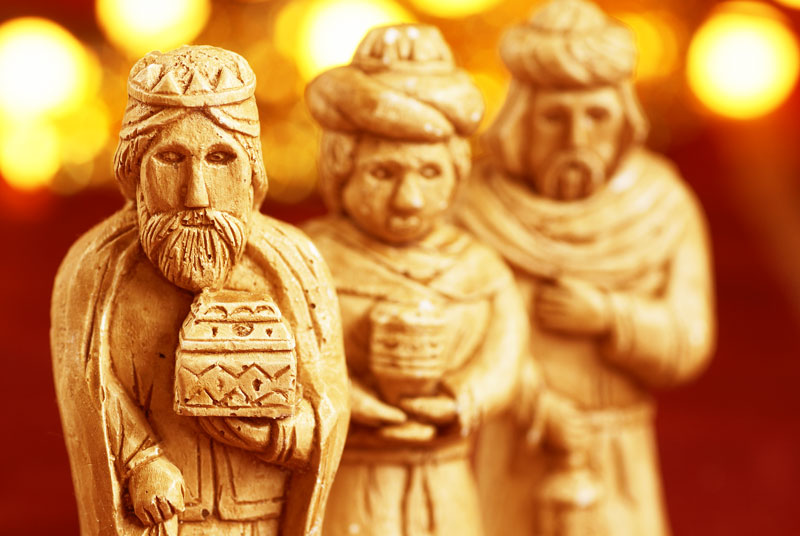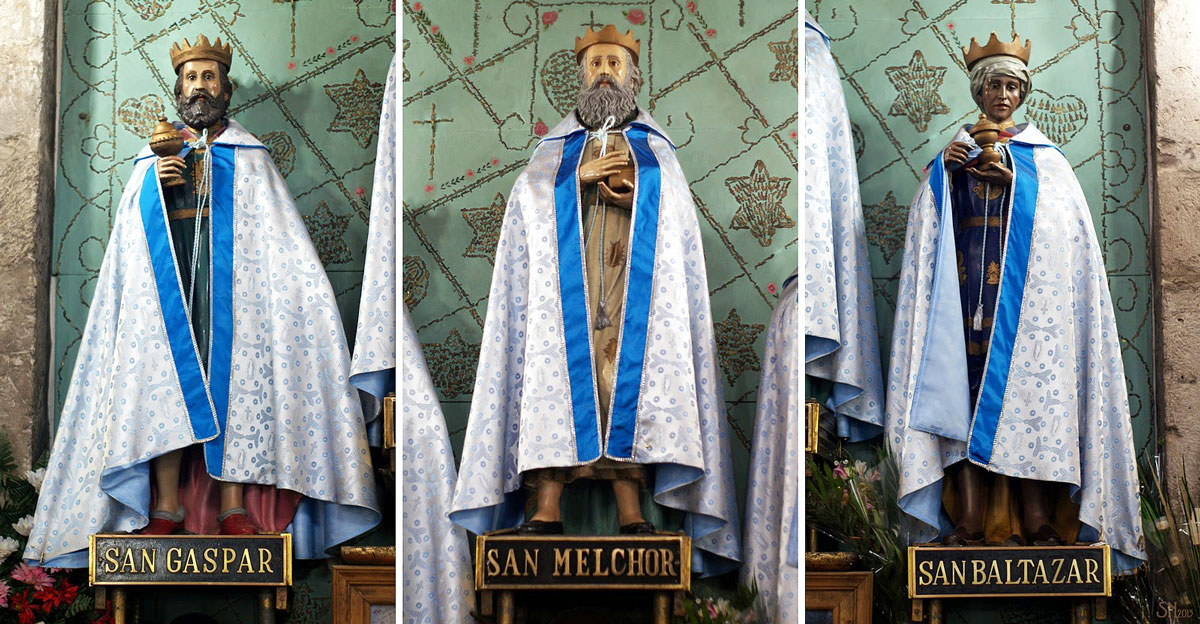About three kings’ day celebration:
For many people in America, the holiday season revelry ends on New Year’s Day, but millions of Christians across the globe are expected to celebrate one more holiday after singing “Auld Lang Syne.” That celebration, known by a number of names including Three Kings’ Day, Día De Los Reyes Magos, the Epiphany and Day of Kings, falls on January 6 and is a big deal in countries from Peru to India.

Facts and history of three kings’ day:
Whatever one chooses to call the holiday, the Epiphany commemorates the adoration of the baby Jesus Christ by the Magi and Christ’s baptism in Western Christianity, while in Eastern Christianity it is a commemoration of the baptism of Jesus. The term “Three Kings’ Day” is a reference to the three wise men, or magi, represented as kings, who visited Christ in his manger in Bethlehem and presented him with precious gifts. The Bible discusses this key scene in Matthew 2:11:
On coming to the house, they saw the child with his mother Mary, and they bowed down and worshiped him. Then they opened their treasures and presented him with gifts of gold, frankincense and myrrh.
The kings, named Gaspar, Melchor, and Baltazar, represent Arabia, Europe, and Africa, respectively, and give their gifts to celebrate the birth of the “King of the Jews.” A favorite subject of artists and nativity scenes at churches and in yards, the Epiphany was a pivotal and symbolic moment in the history of Christianity that many cultures seek to keep alive and remember through a wide range of celebratory practices.

In Puerto Rico, children put a hay-filled box under their beds for the kings’ camels to eat, which the magi then repay in the form of gifts. In Lebanon, members of the Maronite Church go to midnight mass and pray for their dead ancestors. In India, there is a colorful variety of celebrations, particularly in the south, but it often takes the form of a fair with food, lengthy mass, decorations and more. Even Christians who don’t expressly take the time to mark January 6 often honor the significance of the religious celebration during their Christmas Eve or Christmas Day prayers and celebrations because it is so closely tied to the birth of Christ and the nativity.
Leave a Reply